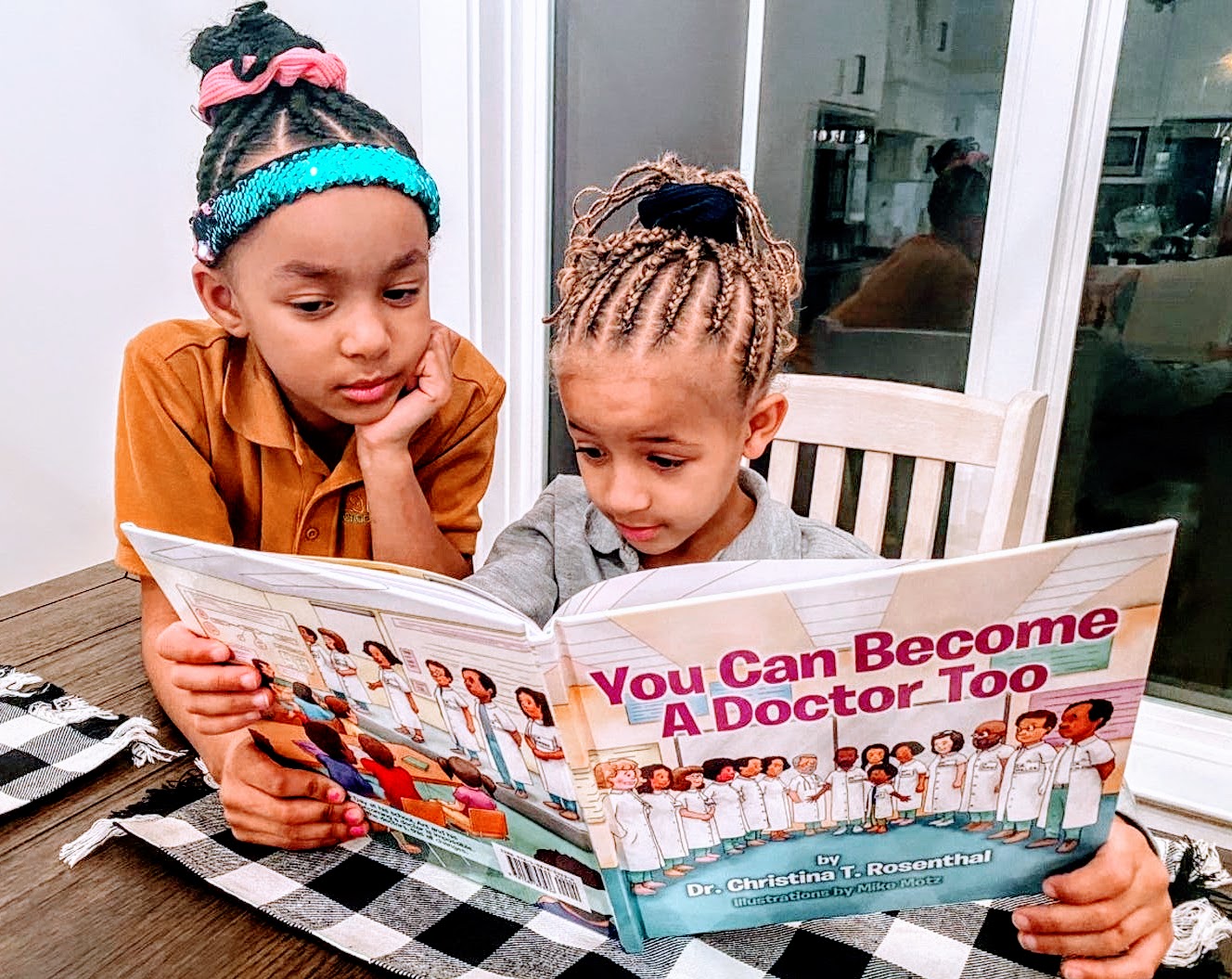In this time of Covid-19, students in early grades are struggling to read behind screens and masks. This fundamental skill that they will need for the rest of their lives has never been so heavily threatened. According to Laura Taylor, an early education professor at Rhodes College in Memphis, Tennessee, learning to read is a long process that takes years and it seems like the situation is just as difficult for the teachers as it is for the kids right now.
"I don’t think you can make the same connections, give the same in-the-moment feedback or at least as often as you might be if you had all of your students in a room," said Taylor. It is indeed a real challenge to learn phonics behind a mask. How to observe the movement of your teachers' mouth while they are sounding out syllables or combinations of letters and words wearing a mask? Barrier-free conversations are a key foundation to language, and one of the most important ways to build vocabulary.
Some experts even fear that the pandemic will increase some already deep achievement gaps. However, some are more optimistic and think that if young readers get the attention and support they need, they should be able to overcome the current difficulties.
"Children are strong and can bounce back quickly, sometimes a lot faster than adults. With consistent routines in place, whether learning at home or at school, I have hope that they will catch up," said Anjenette Holmes, a professor at the University of Louisiana at Lafayette’s Picard Center for Child Development and Lifelong Learning.

Picture: Skylar Tolbert, 7, peers over the shoulder of her sister, Sydney, 6, a kindergartner at Libertas School of Memphis. The sisters read at home each night after school (Courtesy photo, w/Effects)

